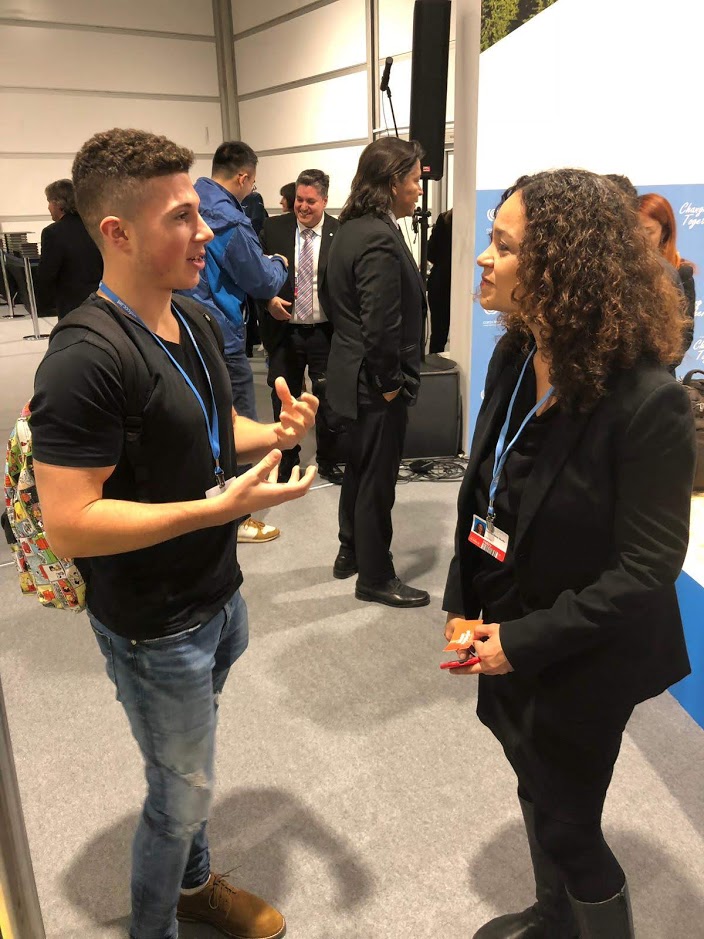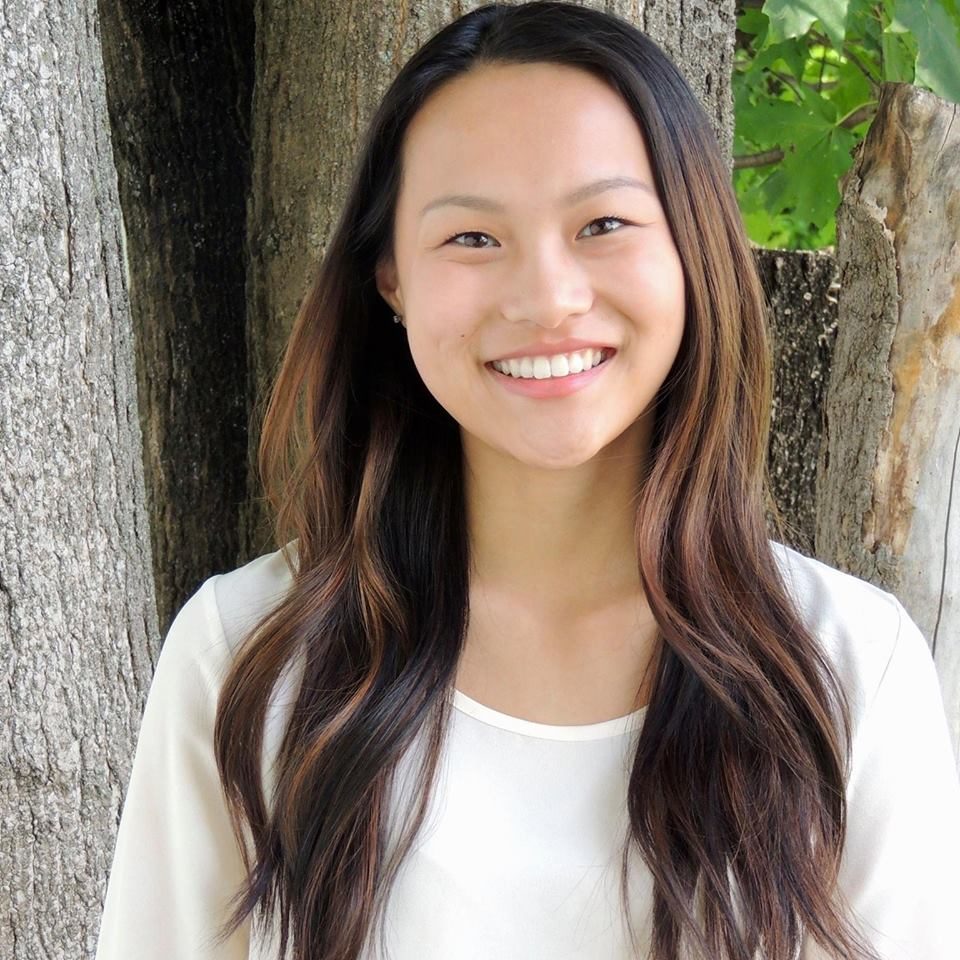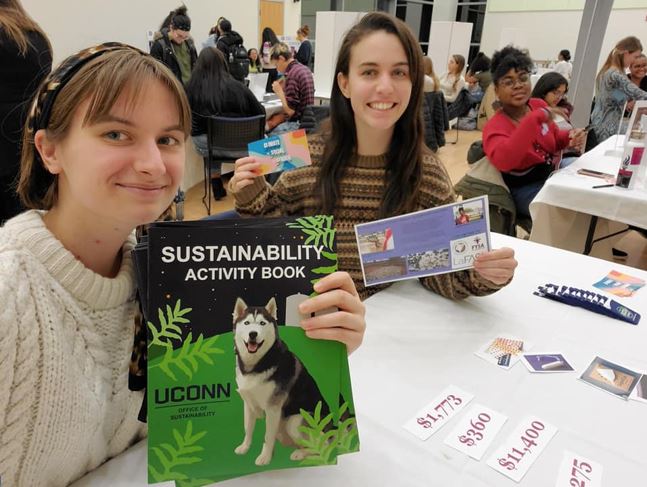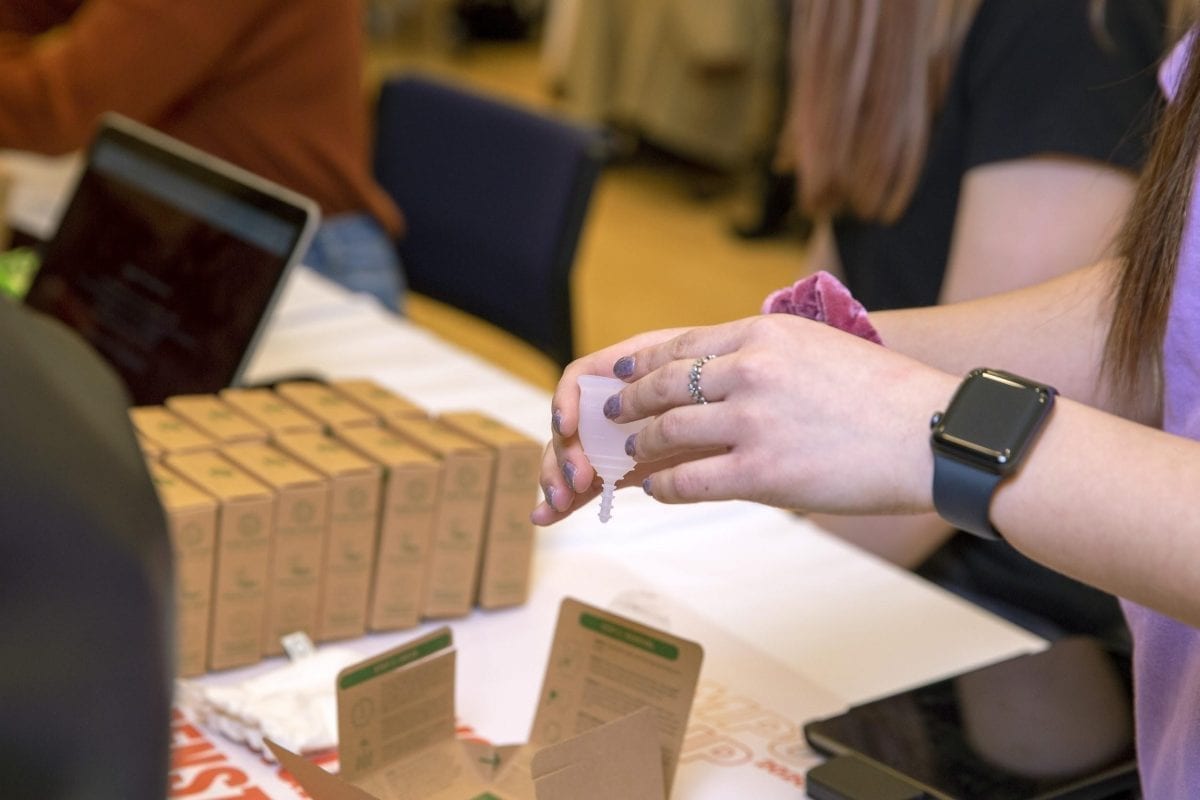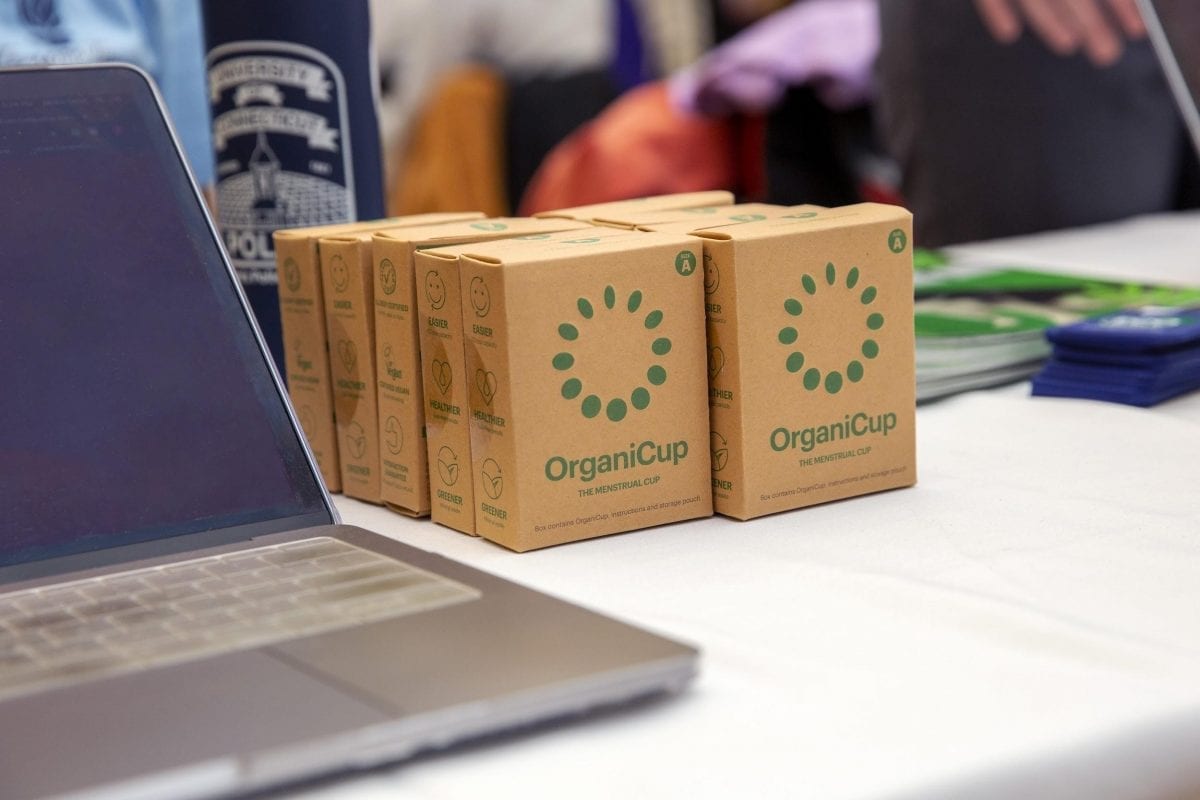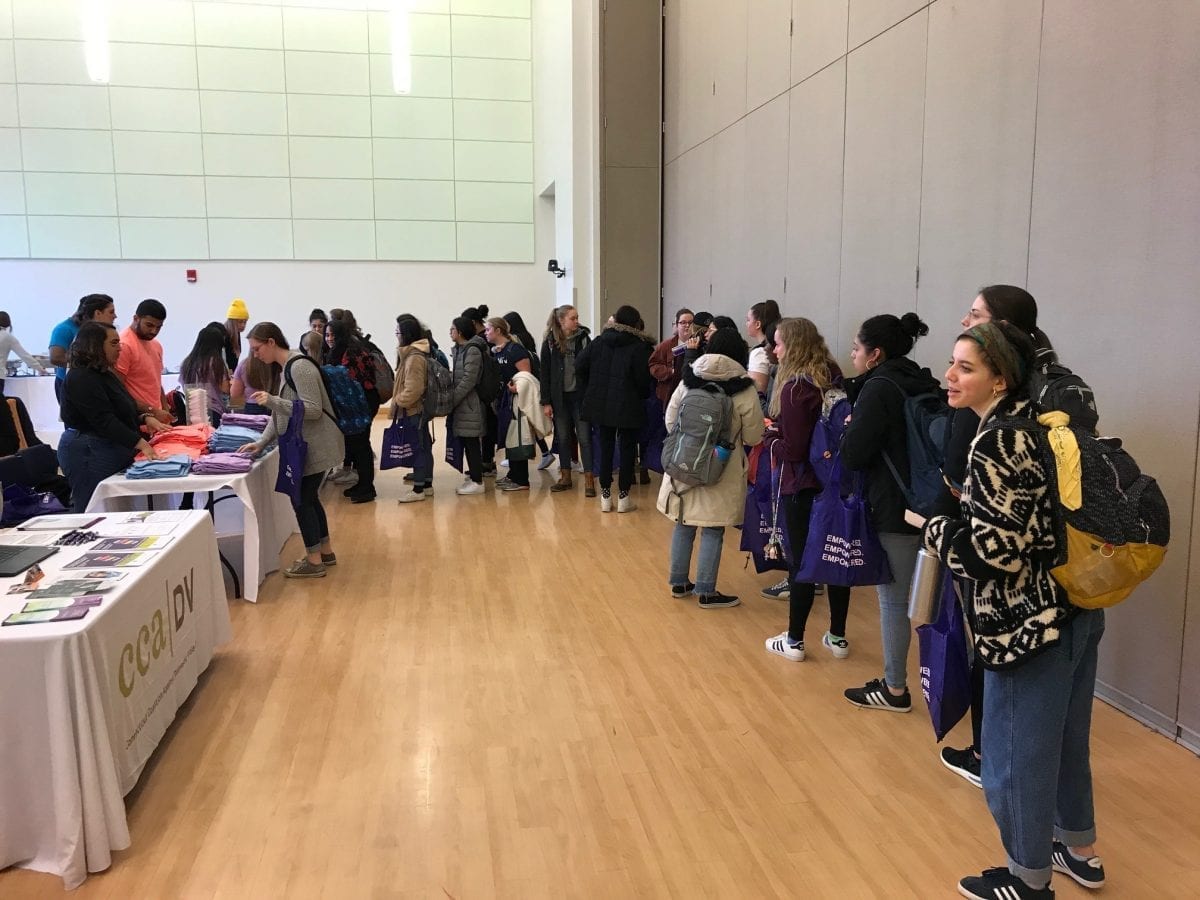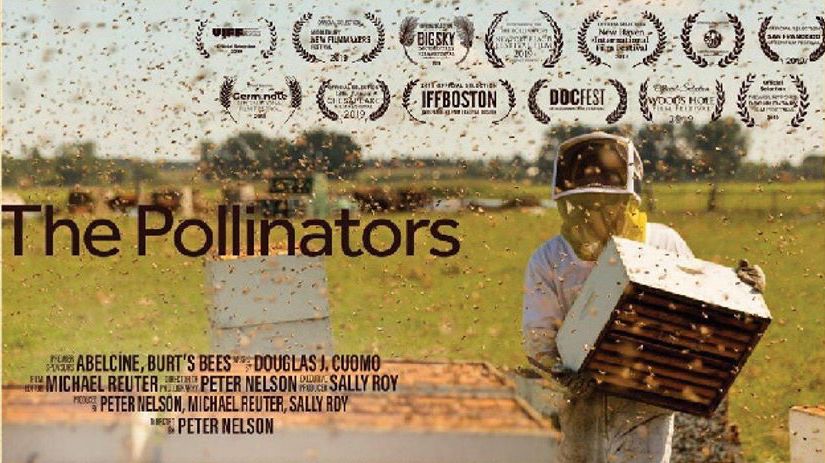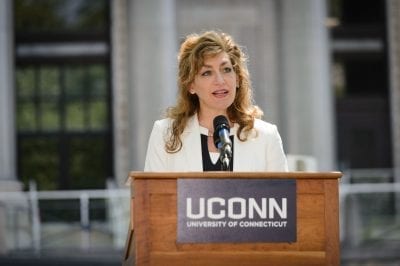Four of our interns are now officially UConn graduates! Although this was not the senior year we wanted for them, and our office graduation traditions are now happening over WebEx, we are still so proud of them. They have all been integral members of the office over the past four years, and they will be greatly missed. Below we share everything they have accomplished during their time at UConn, what the future holds for them, and our favorite memories with these special people.
Matt McKenna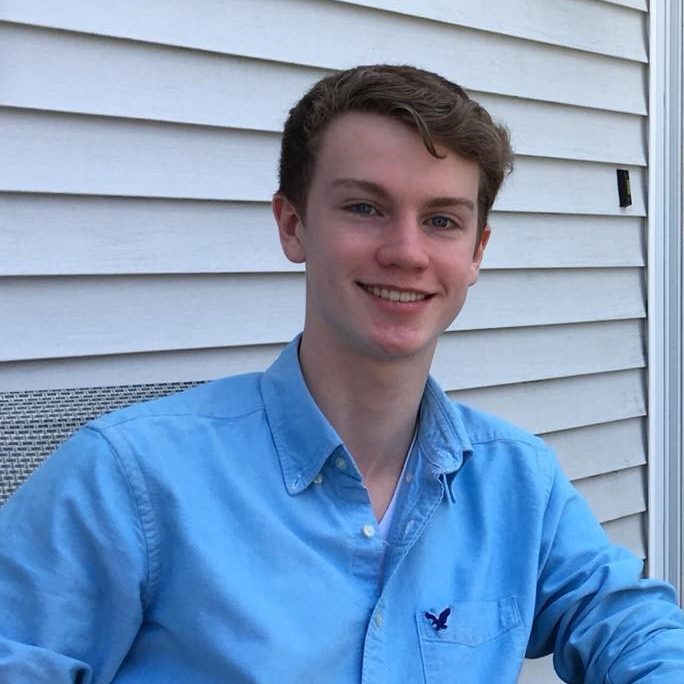
Matt joined our sustainability staff in the spring of 2018 and has been a key contributor on many of the Office’s more technical assignments. He was the author of UConn’s 2018 and 2019 Greenhouse Gas Inventory and served on the Bicycle Friendly University working group. In 2019 Matt took a more active role in outreach and engagement initiatives and led a volunteer team in trailblazing the Blue Trail in the Hillside Environmental Education Park (HEEP) while helping advise on the design of a Pollinator Garden and Pavilion which will be constructed in the HEEP in the near future. He also provided critical leadership in completing UConn’s 2019-2020 AASHE STARS report. His “steady Eddy” demeanor in the office made him a reliable teammate and provided reassurance in his abilities to turn around an assignment quickly and accurately. In the summer of 2019 Matt had the opportunity to further round his engineering skill set while working on wastewater effluent treatment methods for nutrients and chlorine during his internship with Arconic in Davenport, Iowa. Outside the office, Matt is a member of the Beta Theta Pi fraternity, and is well known for his Duck Pin bowling prowess. He is graduating from UConn with a B.S. in Environmental Engineering. Matt’s post grad career begins in Plainville, CT, where he will be working for Loureiro Engineering. His presence will be greatly missed in the office.
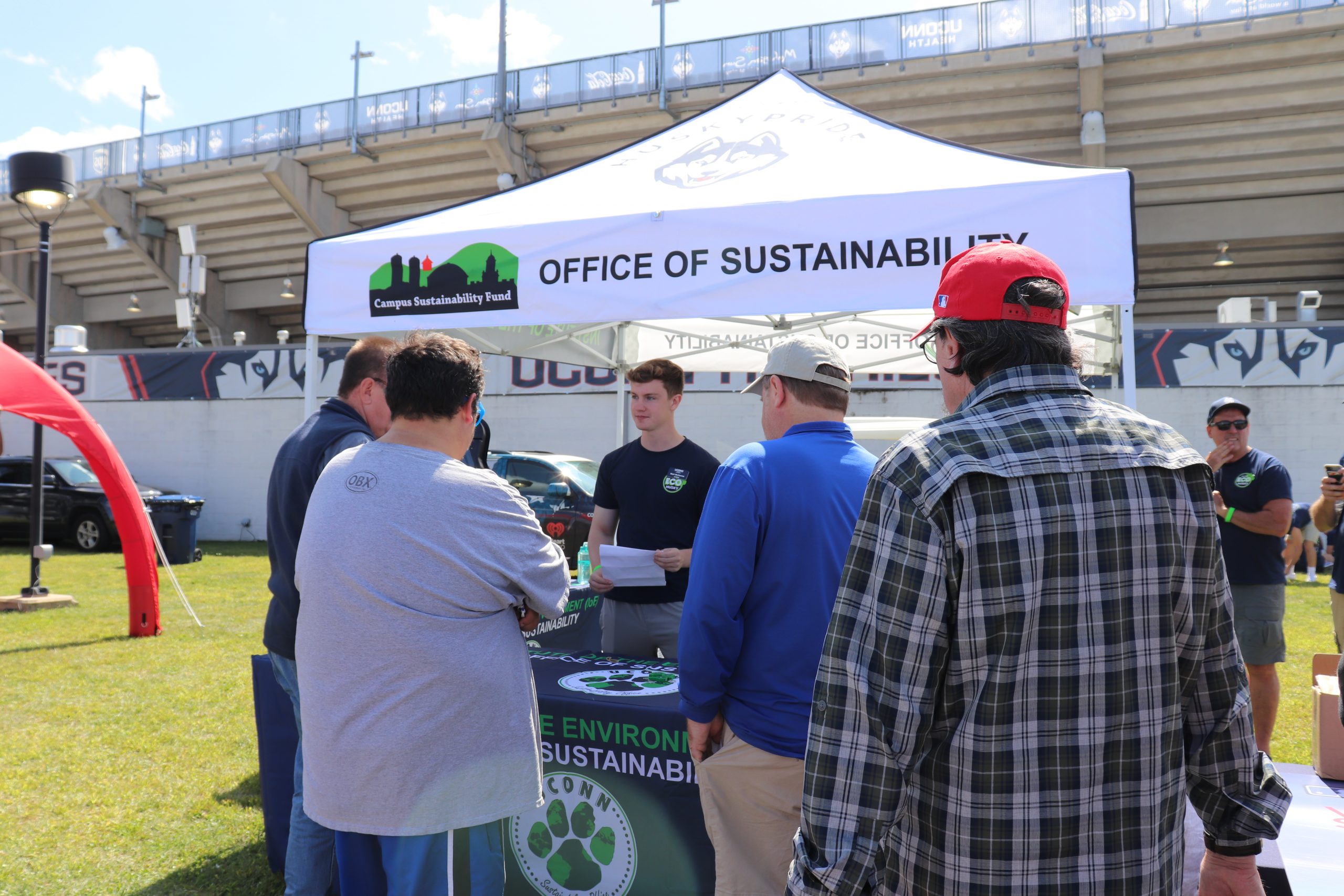
Sophie MacDonald
Sophie joined our Sustainability staff in the spring of 2017 and has been a talented intern and truly supportive leader. She has been the graphic designer and webmaster for the office during her time here, using her skills to elevate the brand of the office via a new office logo, a complete overhaul of the website, and countless graphics for t-shirts, events, the campus sustainability fund and more. Sophie was also a lead on many projects, including the Green Office Certification Program, where she led the effort to reach 100 certified offices and before that took on completion of the 2017 campus greenhouse gas inventory. Outside the office, Sophie has an incredible passion for renewable energy, and has been a valued team member of countless labs and projects on campus from developing community microgrids to studying solar cells to analyzing termites. She co-authored the student declaration that was a vital part of this September’s climate strike, and her honors thesis is a holistic assessment of renewable energy implementation options on campus. In her free time, Sophie enjoys hiking, climbing, and writing philosophy essays. This year she received the 2020 UConn Spirer/Dueker Student Humanitarian Achievement Award. Sophie is graduating from UConn with a B.S. in Environmental Engineering and a minor in Philosophy. Starting this summer, Sophie will continue her passion for ethical renewable energy as a design engineer at MPR Associates in Alexandria, VA.
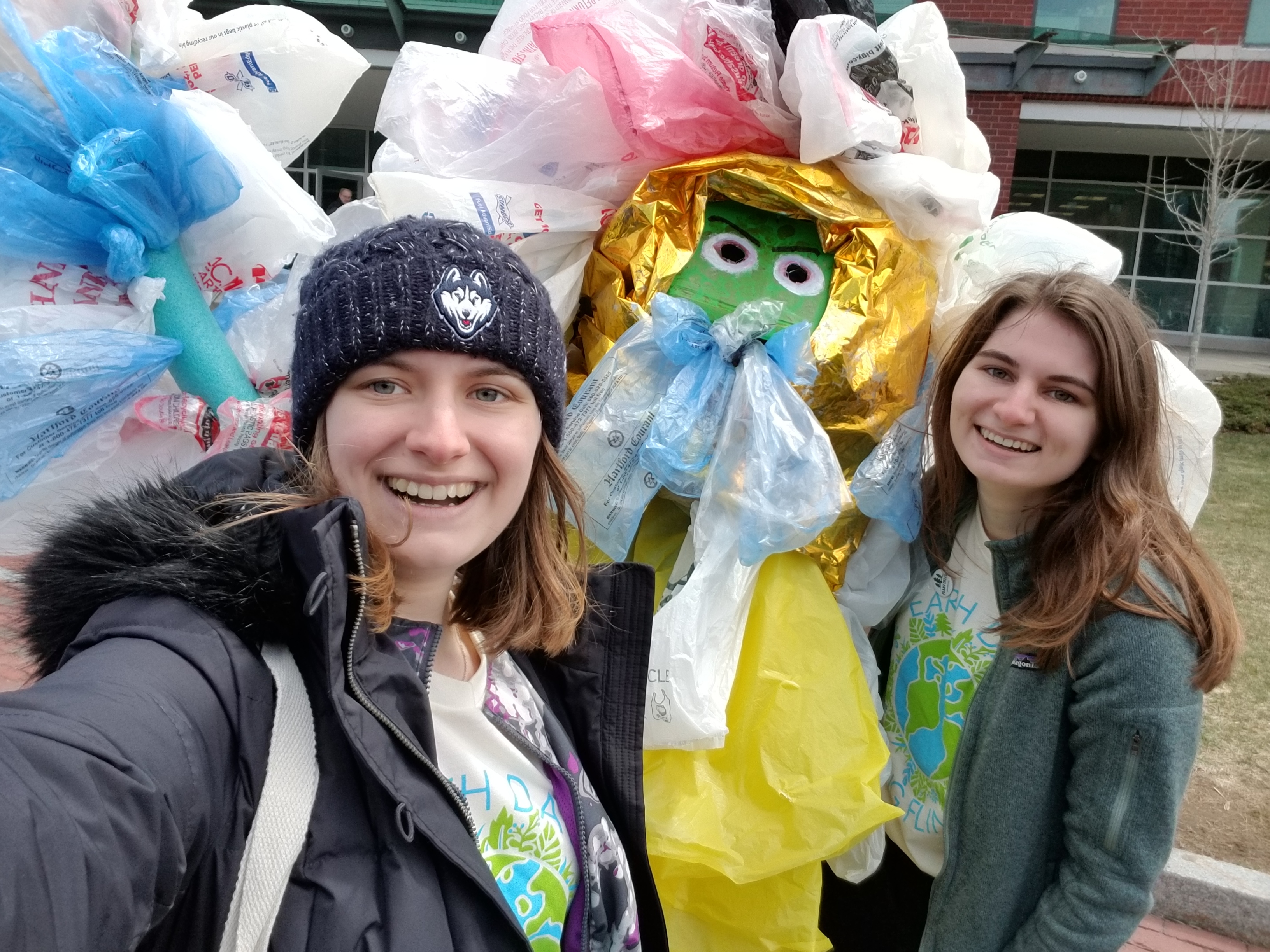
Charlotte Rhodes
Charlotte joined our sustainability staff in the spring of 2018. With a level of professionalism and organization that we were all inspired by, Charlotte brings whatever initiative she leads to the next level, whether it be the annual Climate Change Cafe, the office’s newsletter, UConn fundraising events or any other communication piece. She is also always coming up with new ideas to bring the whole office to the next level, whether that be the photo contest she created and executed her first semester in the office, or a creative promo video she filmed and edited documenting the student experience at COP24. In her free time, Charlotte was just as impressive, completing internships that included being a Public Service & U.S. Forest Service Sustainability Operations, Climate Change, and Wildlife Ecology Intern as part of the Conference on Asian Pacific American Leadership and an REU at the University of Maine where she completed an independent project titled Documenting Human and Societal Impacts of Extreme Weather Events. In her free time, Charlotte can be found collecting bugs for her classes, taking notes in calligraphy, and color-code organizing her planner. Charlotte is graduating from UConn with a B.S. in Ecology and Evolutionary Biology. After graduation Charlotte will be moving to College Station Texas to attend Texas A&M University to pursue a PhD in entomology.
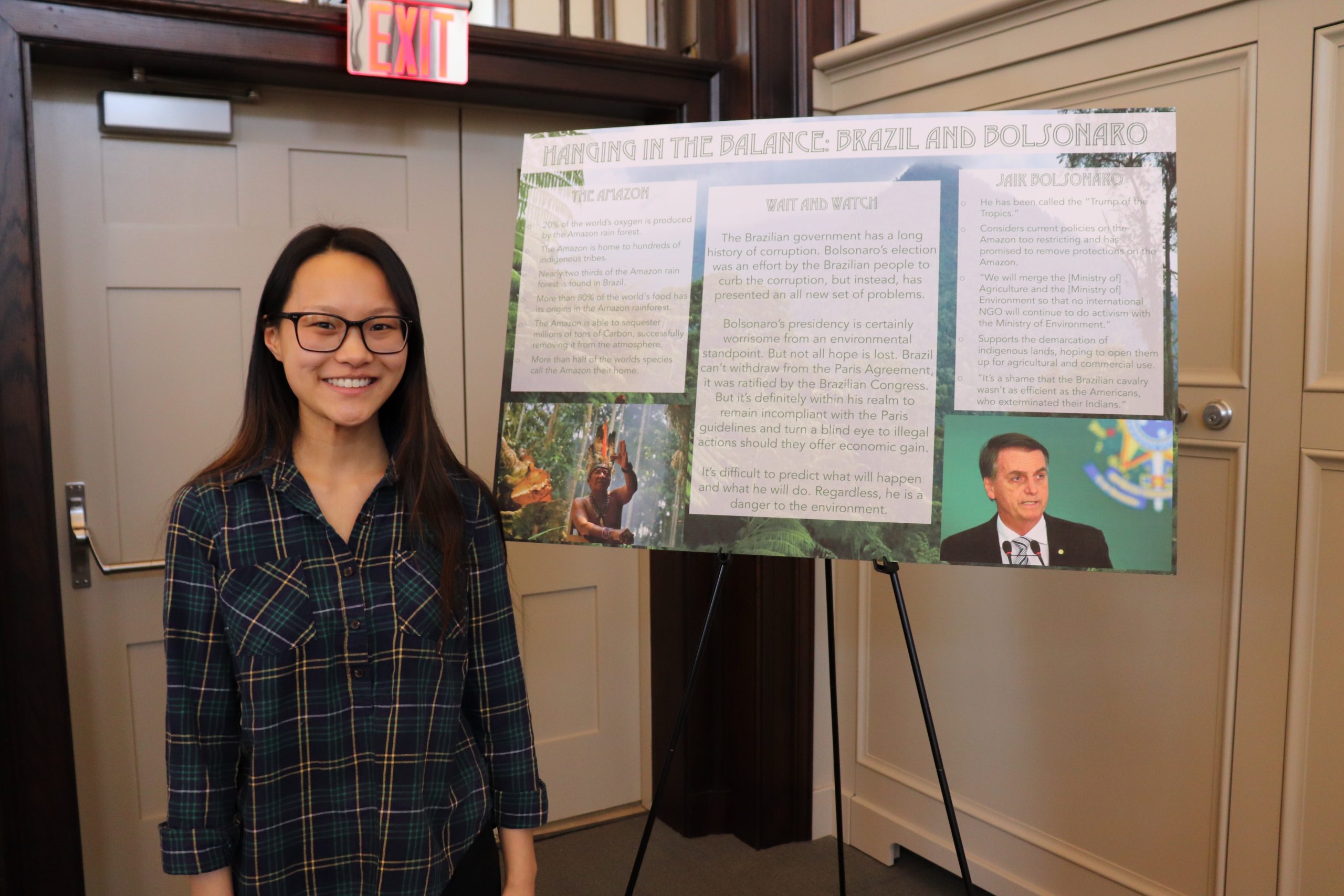
Jon Ursillo
Jon joined our Sustainability staff in the fall of 2017. He has been the OS’s waste guru, working to streamline UConn’s recycling procedures during his time as an intern. With the ability to inform as he pushes for sustainability, Jon has created personal connections with different stakeholders across campus in these efforts to move UConn towards zero-waste. Jon has brought a wonderful sense of professionalism mixed with humor to our office environment. Outside the office, Jon played a key role in the formation of the President’s Working Group on Sustainability and the Environment, and has been an active member of the working group and its report writing sub-group. Jon is also an undergraduate researcher for EPA-funded clean water valuation research, which he is incorporating into his honor’s thesis. In his free time, Jon is a member of the fraternity Zeta Beta Tau, and has a passion for connecting business & sustainability. Jon is graduating from UConn with a B.S. in Environmental Sciences and a second major in Economics. Jon’s post graduation plan is to obtain a Chartered Financial Analyst (CFA) designation and pursue employment that unifies his interests in sustainability strategy and financial analysis.
